Why Plastic Isn't the Problem
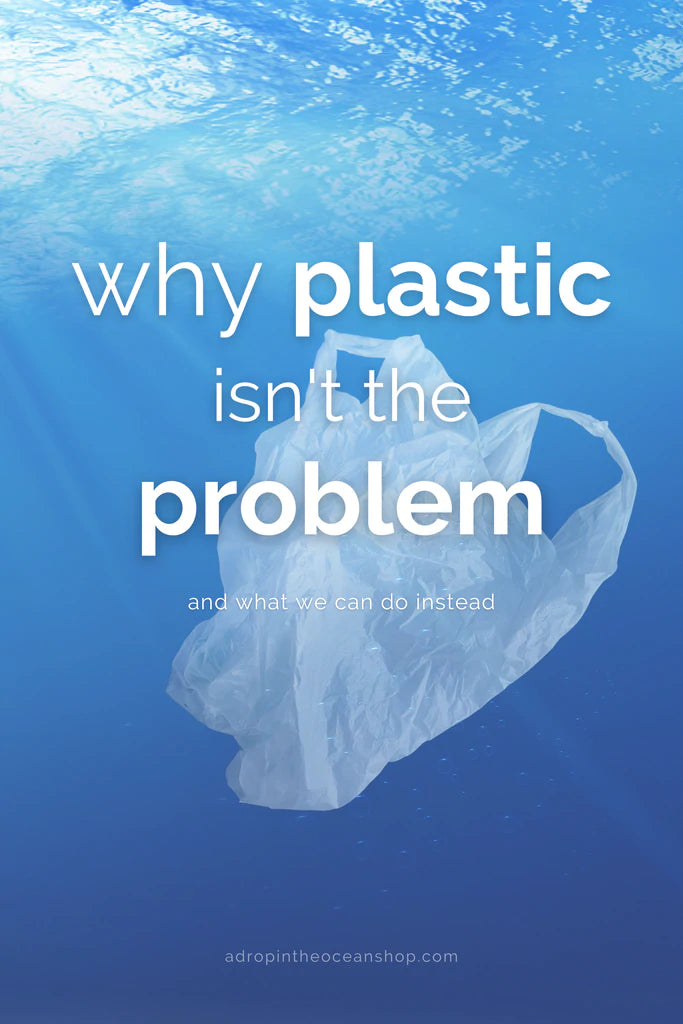
Two weeks ago a video popped up on my Facebook feed titled “What if plastic was never invented?” As I watched it, I found myself experiencing several conflicting thoughts at once. With the plastic free, zero waste, and low impact movements gaining traction, plastic has become vilified, but plastic isn’t really the problem.
A Bit of History
Plastic is so commonplace today that we often forget that it really wasn’t invented all that long ago, and it was actually invented for a really good cause. In the 1860s, a billiards supplier offered a “handsome fortune” of $10,000 to anyone who could invent an alternative to ivory for billiard balls. While the first alternative created was not actually a great solution for billiard balls, it was an effective alternative for ivory in combs, and led to the invention of several other types of plastics.
Today, around 100 elephants are killed each day for their ivory, and their populations have dropped by 62% over the last decade. Without plastic, that number would be immensely higher. We may not even have elephants today were it not for plastic.

During World War II, resources were limited, and plastic was used in every possible way for the war effort. Many historians actually credit plastics just as much as military capabilities with the outcome of the war. Without plastic, we would be living in a drastically different world today.
It wasn’t until 1955 when our plastic problems truly began.
Once WWII was over, we not only had created several types of plastic, but we had mass production capabilities. When we no longer had a war to supply with plastic, the plastic manufacturers needed a new customer base. They turned to the average consumer.
In 1955, LIFE magazine published an article titled Throwaway Living, praising disposability. Until this time, disposability was absurd. Products were designed to last. The idea of using something once and throwing it away simply made no sense. But the article celebrated this new lifestyle. “No housewife need bother” doing the dishes anymore - just throw them in the bin instead! Suddenly, disposability was cool.

Image credit: LIFE magazine, 1 August 1955
This is the power of manufactured demand. Throwaway Living is credited with launching our disposable society.
Yes, plastic is choking our oceans. But it’s not really the plastic’s fault. By only addressing the plastic problem, we ignore the root cause.
Our Relationship with Stuff
If we get rid of plastics, we’ll simply replace it with something else. Perhaps glass, aluminum, or cardboard. All of which are highly recyclable, and even food-soaked cardboard can be composted. This sounds great, right?? But glass, aluminum, and cardboard still require resources to create, and are not always recycled. Producing more glass, aluminum, and cardboard will still strain our environment. It may not entangle seals or cause starvation in birds, but we’ll still extract valuable resources from the earth, harm habitats and ecosystems, and send a lot of perfectly usable resources to landfill.
We live in a society dominated by overconsumption. We do not have respect for our belongings.
I recently read an Amazon product review praising a product for being “sturdy enough to use again if I feel like it, but cheap enough I can just throw it away and buy more if I want.”
This. This is the problem. We are habituated to buy products with the sole intention of throwing them away.

“There is no such thing as away. When we throw anything away, it must go somewhere.” - Annie Leonard, The Story of Stuff
Let’s not vilify plastic. Let’s remember its usefulness, its purpose, and its benefits. Let’s remember that I’m writing this post on a laptop made of plastic. Let’s remember that without plastic, our medical advancements would basically be non-existent.
Let’s rethink our consumption habits. Let’s rethink our relationship with stuff. Let’s put value back into our possessions.
“Our trash tells a story...a story about what we value.” - Andrea Sanders
Plastic is a non-natural, non-biodegradable, hardly-recyclable material. While it is important that we find a suitable alternative, it is even more important that we rethink, refuse, reduce, and reuse.
What are your thoughts on the plastic problem?
Related:
Is a reusable straw better than a plastic one?
The Ultimate History of Single-Use Plastics: How did we become a disposable society?
What exactly does the chasing arrows recycling symbol mean?


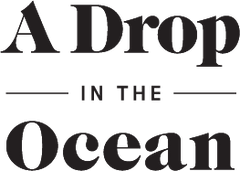


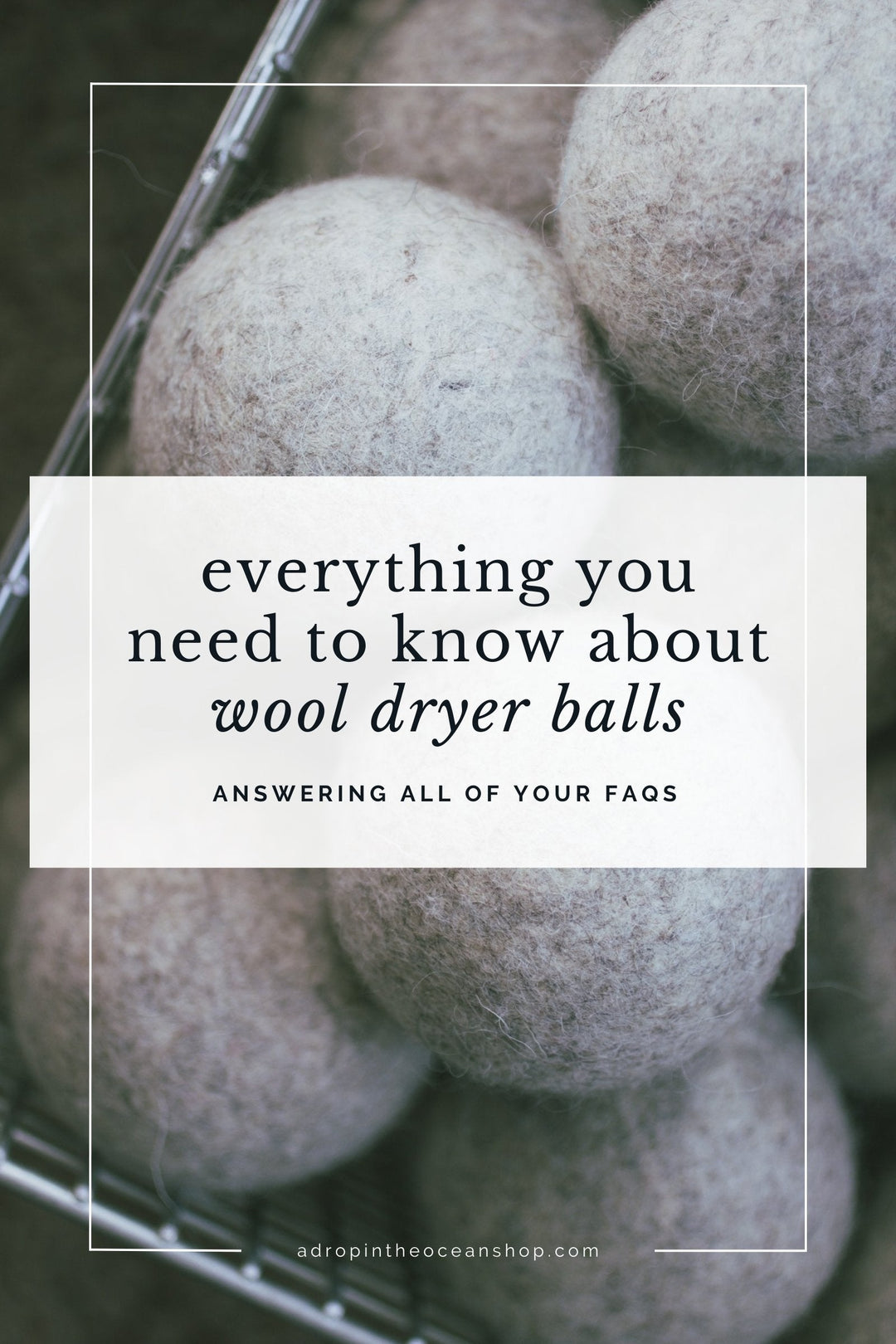
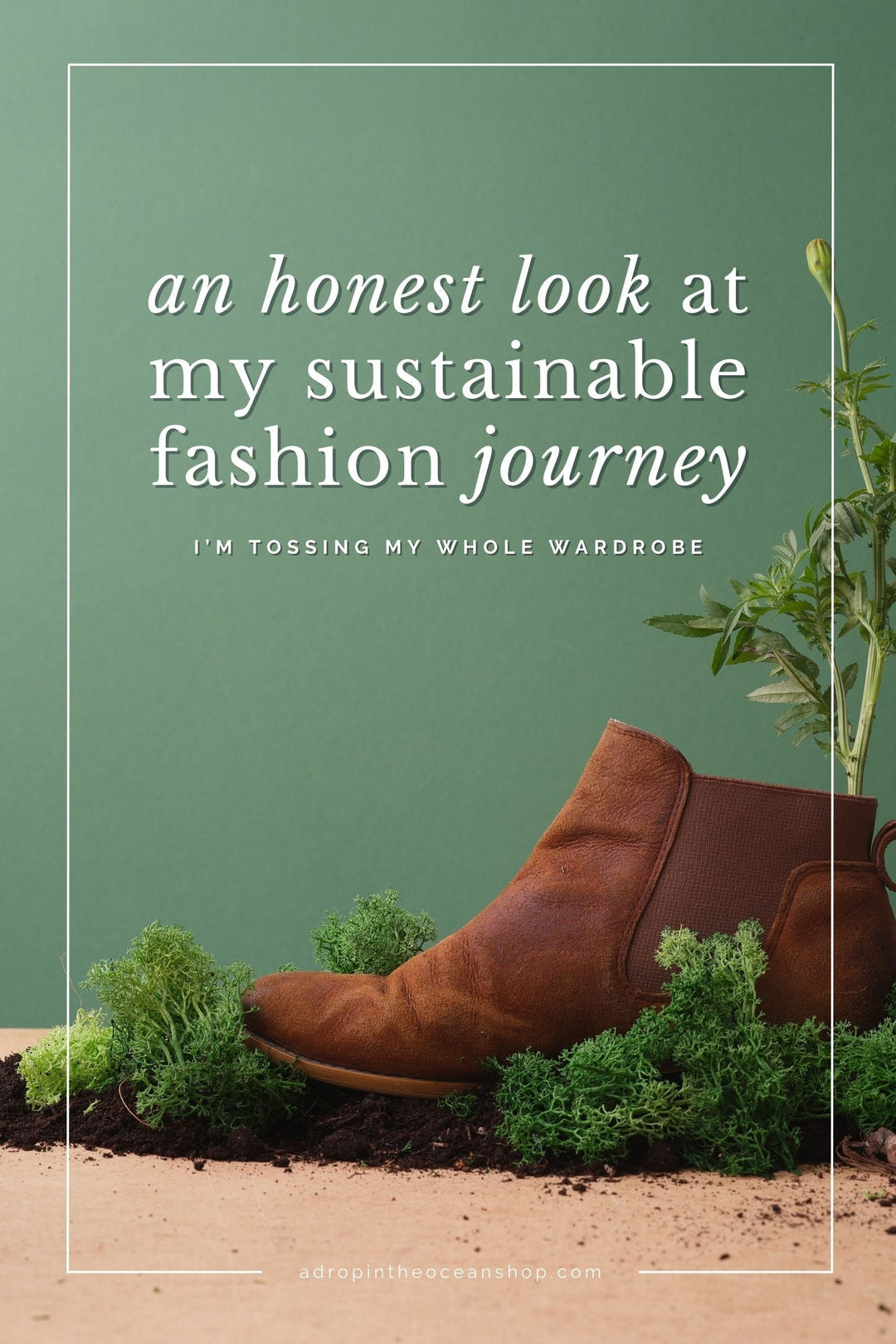
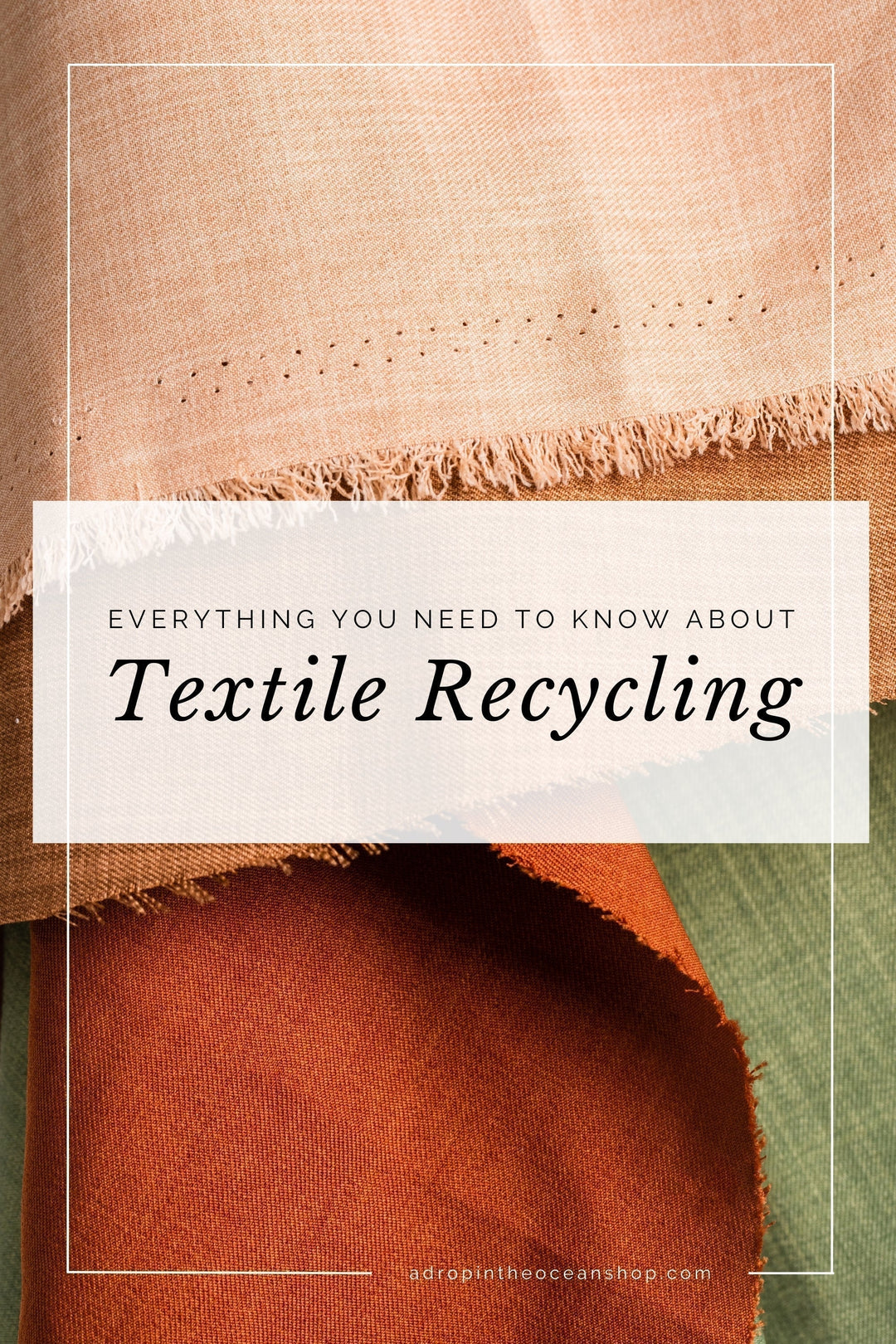
i reall like it because it looked very prfesinal and was well writen its kept my intrest and becuase my teacher liked it
It was good :)
Excellent article. I plan to use it in my middle school classroom as a non-fiction text to prompt discussion. I recently dove down the minimalism rabbit hole which linked to the sustainability hole, etc. and I honestly wish I had sooner. Although my location makes so I can never be zero waste or stop driving my car, I can reduce my needs.
We always teach kids to reduce, reuse, recycle, but so much focus is placed on recycling and not the first two ideas. Reducing our consumption and reusing what we do purchase/ buying second hand is much more environmentally sustainable than recycling. Recycling is great, but it isn’t all we need. We need to create a culture that is okay with doing the dishes after a large gathering or repairing old clothing or using the same items for their entire lives without being shamed into thinking it makes them look cheap or poor or unfashionable.
Caring about your environment is easier than people think. I understand it has to get into your mindset. You have to think, this is the way it’s done. I’m going to teach my kids the same way. There is no other option. About two years ago the recycling in our neighborhood started. We had 1/4 our recycling bin full. Our trash bin was full. One year later, our recycling bin is sometimes full. Our trash bin has one bag in it. I believe we’ve succeeded our quota.
As I am writing this during the Covid 19 Pandemic, I am wondering if attitudes have adjusted themselves to the reality that throwaway plastics may be saving lives. Would people really be safer if hospitals used other materials for medical treatments that are not thrown away? The myths of “greening our society” are very lopsided. Electric cars are touted as green, but they require recharging and hydro electricity is touted as a sustainable resource. That probably appeals to the majority of city dwellers but terrible things tend to happen to people living near these hydro sites, who are often indigenous people. It is shocking to know that some environmentally concerned people advocate a final solution. I assume they want that practiced on the other, that is the non-white and the poor. Perhaps that is why so many people in the world believe that Covid 19 was released on purpose in order to cull the population. I don’t know if that is true, but the privileged of the world better rethink their propaganda because it is not working anymore.
Leave a comment